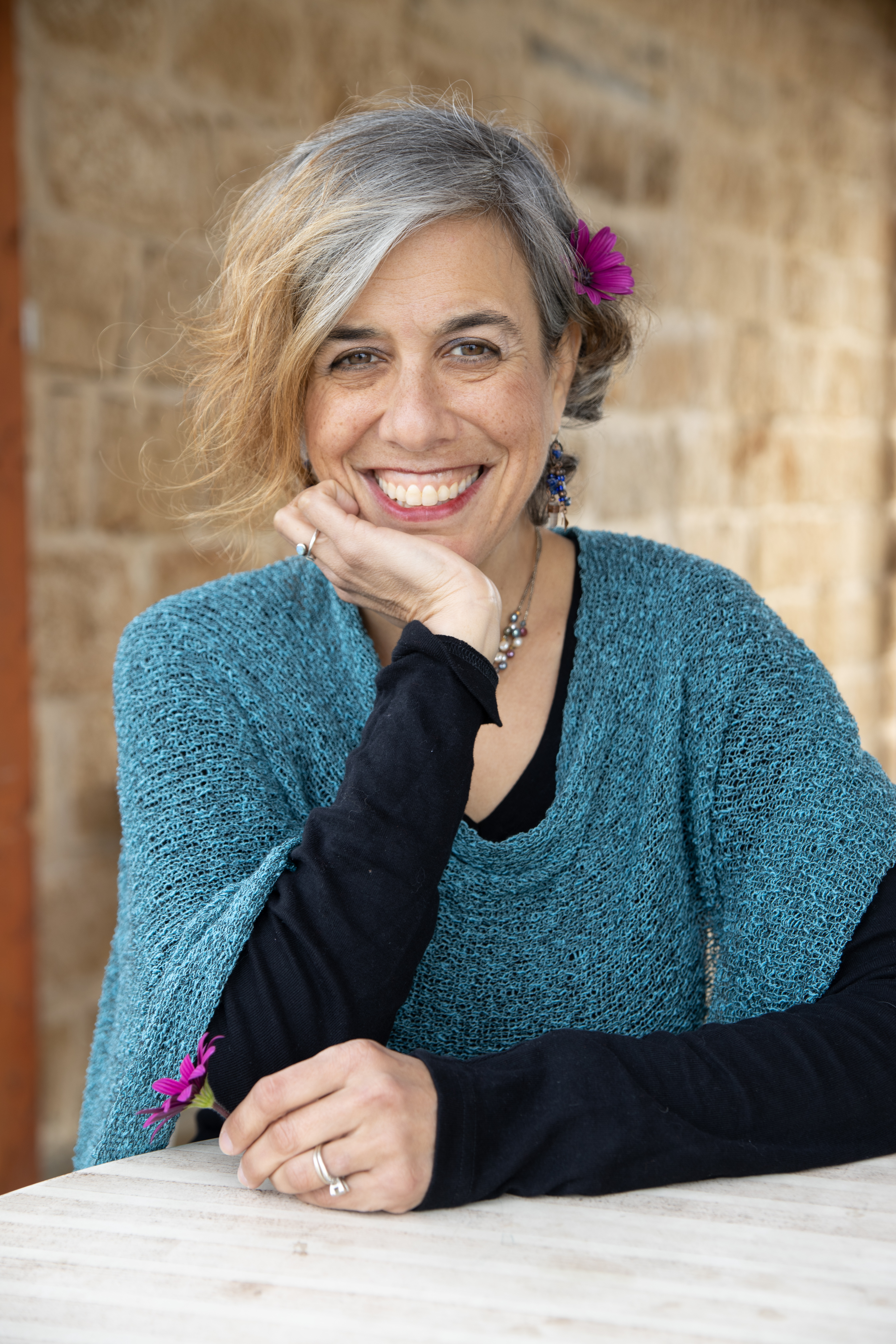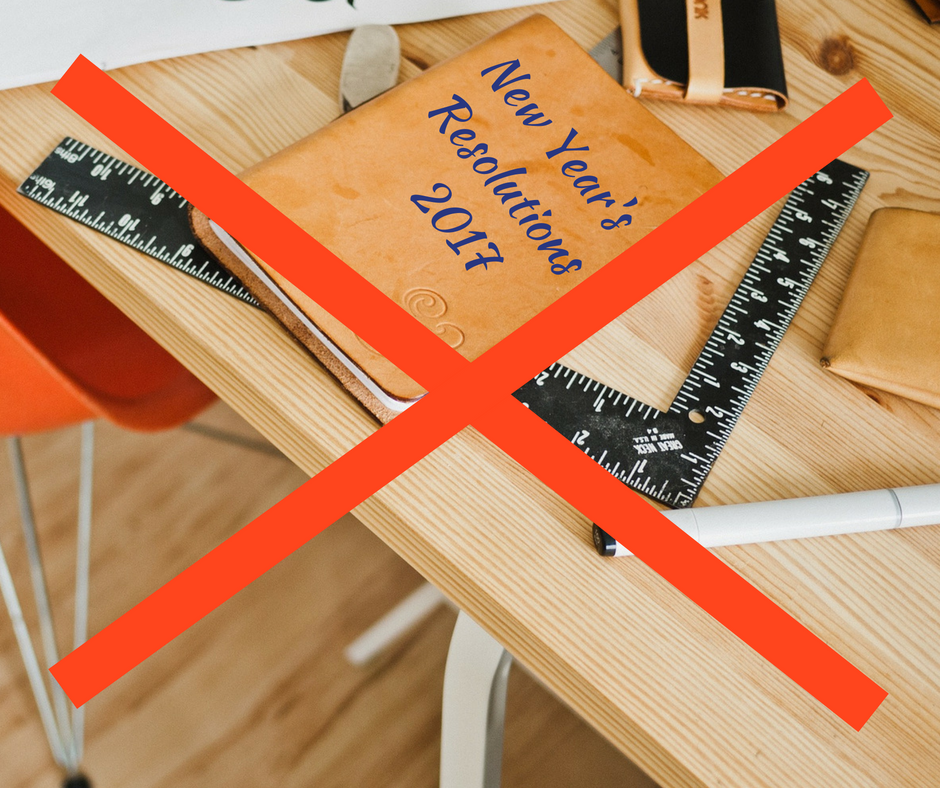One of the greatest gifts of the New Year’s holiday is the opportunity to pause, reflect on our lives, notice what has been working in the previous year and consider where we would like to make change.
Common New Year’s resolutions include:
· Losing weight
· Spending less money
· Enhancing health
· Enjoying life more
· Spending more time with family
· Breaking bad habits
All of these resolutions are wonderful, aside from the fact they don’t work.
The custom of creating New Year’s resolutions is inherently flawed which is why statistics show that less than 10% of those who make New Year’s resolutions actually keep them.
The reason we choose to create New Year’s resolutions in the first place is the same reason they set us up for failure — being stuck on desire.
· Desire to lose weight.
· Desire to spend less money.
· Desire to enhance your health
· Desire to enjoy life more
· Desire to spend more time with family
· Desire to break bad habits
Three reasons being stuck on desire is problematic.
First, because being stuck on any emotion doesn’t lead to happiness, but rather leads to staying stuck in that emotional state.
If you have a resolution to lose weight, for example, you will spend your waking hours consumed with the tasks required to reach that goal, rather than experience any sense of freedom from your state of desire. Because none of us can achieve, nor maintain perfection, staying stuck on desire leads to disappointment and perpetuates feelings of self-judgment, self-criticism, and doubt. When you are not satisfied with yourself, you cannot possibly experience happiness.
Secondly, staying stuck on an emotion clouds your reality.
Instead of appreciating the gift of the present moment (such as the sight, smell, and taste of food which can lead to mindful eating), when you are stuck on desire, you are consumed with the rules you believe will guide you to achieve success. This pattern of future-living, of being “there” rather than “here”, causes you to miss what is right in front of your eyes and the opportunities the present moment affords.
Thirdly, when we create New Year’s resolutions, we come from a head-centered place — which does not support the true change we are seeking. We believe we know how to get control of our lives. We believe we know the best approach to breaking bad habits. We believe we have all the information needed for success — we simply need to implement them!
Yet, real, lasting change does not come from a place of mental stress, but rather from a place of calm presence and flow. It begins with stopping and putting trust in the present moment, rather than putting trust in our monkey-minds. It begins with the heart, and knowing that our answers will come from our inner wisdom, and not from the rat race of chasing after outside sources of human thought.
We ultimately don’t keep our New Year’s resolutions because we can’t keep them. When coming from an emotionally stuck, clouded, and mind-centered place, we go against the natural process for growth and development which then sets us up for failure. Homeostasis will occur, not from a place of stress, blindness, and suffering, but from a place of clear seeing — a place where we consciously access our freedom to deliberately choose our reality in each and every moment.
So, this year, consider trying something different:
When you find yourself stuck, consider taking a stop. Pause to acknowledge and feel your emotions fully. Check in with your supporting thoughts and investigate each of them (knowing that most of the thoughts in our minds are limiting).
And, consider connecting with the present moment, rather than disconnecting from it.
Consider being curious and inspired by the present moment, rather than underestimating the value of it.
Consider trusting that all of the answers you will ever need in life are present within you, rather that mistrusting your inner wisdom.
Consider this process can be one of ease, rather than one of struggle.
And consider thriving, rather than withering.
In this very moment.
Originally published at medium.com


